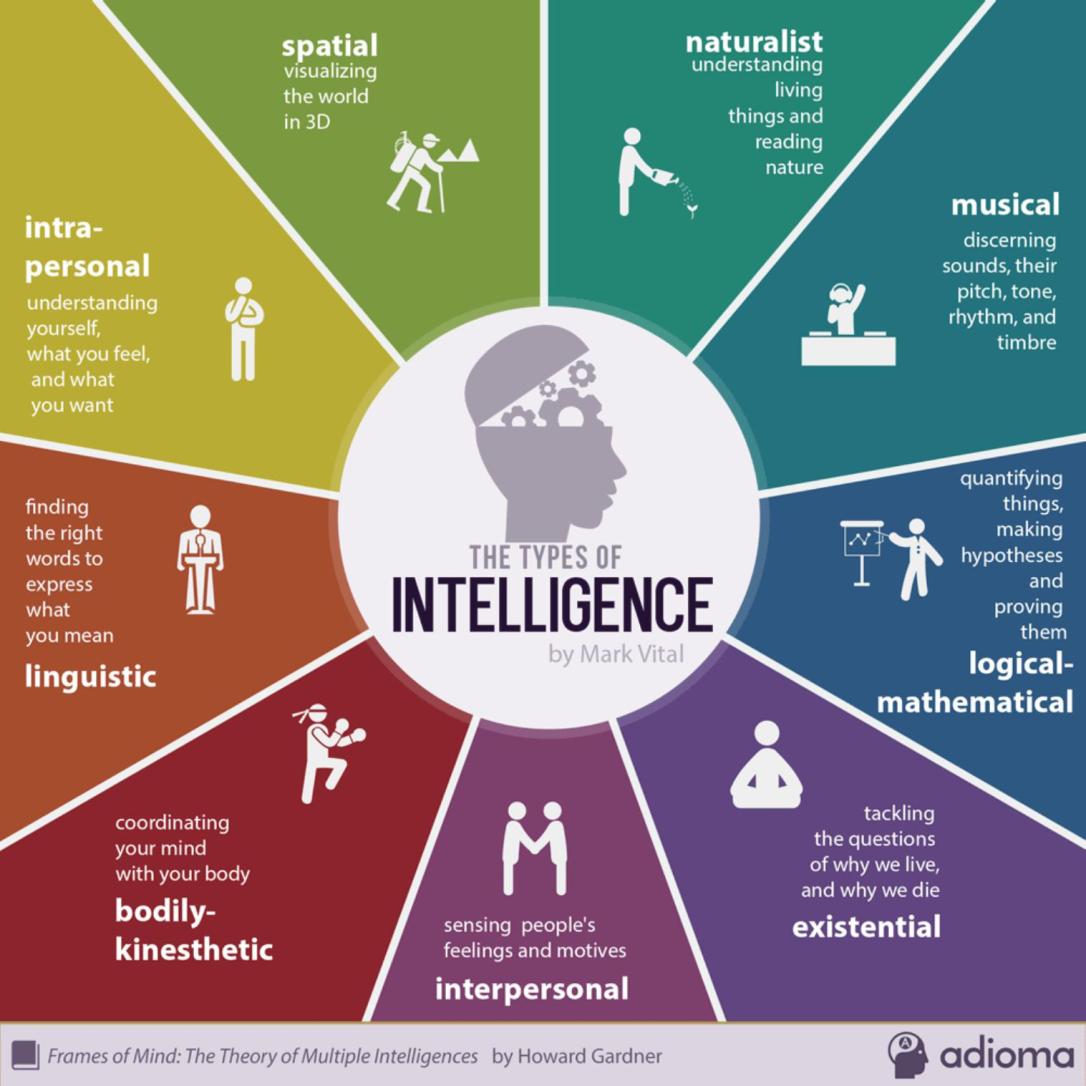By Anna Davenport – Emergency Medicine Trainee

The Intellectual Spoke – The Multiple Intelligences of Emergency Medicine
Intelligence. It means a lot of different things to different people, vocations and cultures. In medicine, intelligence has historically been thought of as memory recall, the retention of facts so that they can be drawn upon and rapidly applied. As medics, retention of facts and their reiteration during exams is something we have spent hours honing and has often taken centre stage our of lives for months on end; leading up to finals, primary exam etc. It is therefore really hard not to measure yourself and your self-worth against this ability. We get a pass or a fail, and we feel inherently good or bad about ourselves as a result. But whilst fact retention is certainly a skill, I think falling into the easy trap of letting it define ourselves falls vastly short of our capabilities and strengths as human beings and as doctors.
Many of us can easily recall failing on an academic level of some kind, but how many isolated incidents can you remember and genuinely congratulate yourself on when you tapped into a different form of intelligence? Emotional intelligence? Linguistic intelligence? Kinesthetic intelligence? Spatial intelligence?
Howard Gardener, a developmental psychologist proposes nine types of intelligence.

When did all these other types of intelligence reveal themselves to you? Very recently I would argue; gaining the trust of someone marginalized, keeping a sense of calm as the department descends in chaos, using your dexterity to suture something worthy of art, working tetris magic in a bed blocked department, this list goes on. It is encouraging that medical education is evolving to incorporate these different areas of intelligence into our assessments (WBAs, DOPs, OSCEs etc), but their inherent nature means that they are much more difficult to measure; these scenarios are routinely subjective, their uniqueness makes them very hard to moderate and they often unfold behind closed doors or at 2am when your consultant is (hopefully) soundly asleep. After passing an exam with your colleagues you might head out for a few to celebrate, but how often do you gather your friends and family after you’ve a survived a nightmare shift, when resus felt like the front line of combat and yet everyone got the care they needed?
I think that because these skills and types of intelligence haven’t historically been valued as they are beginning to now, we forget to spot them in ourselves, we totally miss the times that we shine our brightest. Even if we do get a glimpse of these moments we don’t remember them in the same way, they don’t contribute to our self-worth in the same way. Let’s change this; the next time you fluff up an ECG in front of the boss, get a recall on an x-ray you misinterpreted or give the wrong drug in SIM (or in real life!) apart from naturally using this as a learning point, first and foremost please, PLEASE be kind to yourself, please remember all the lives you have touched and ALL the different types of intelligence you’ve totally nailed, don’t fall into the trap of judging yourself on one. We can only develop as clinicians, and more importantly as humans, if we treat ourselves with balance and kindness.
Anna Davenport
ED Trainee
Royal Hobart Hospital, Tasmania.


